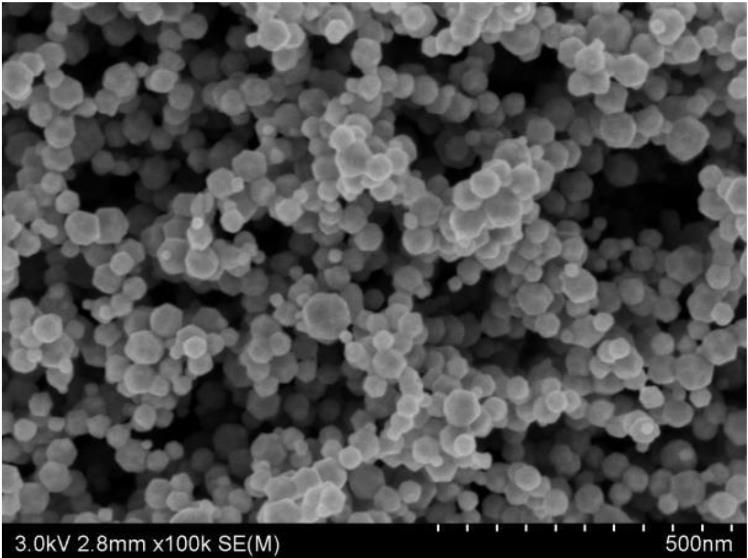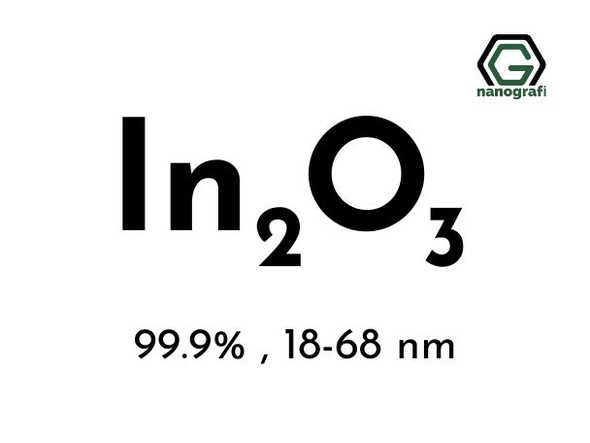Indium (In) Nanopowder/Nanoparticles, Purity: 99.9%, Size: 50 nm
- SKU:
- NG04EO1201
- Shipping:
- Calculated at Checkout
Frequently bought together:
Description
|
100 grams/950 € Please contact us for quotes on larger quantities !!!
|
Indium (In) Nanopowder/Nanoparticles
Purity: 99.9%, Size: 50 nm
Technical Properties:
| Color | Black | |||||
| Average Particle Size (nm) | 50 | |||||
| Specific Surface Area (m2/g) | 14,9 | |||||
| Elemental Analysis | In | Cd | Zn | Pb | Ti | Others |
| ≥99.9 | ≤0.0002 | ≤0.0001 | ≤0.0002 | ≤0.0001 | ≤0.004 | |
| CAS No: | 7440-74-6 |
SEM Image:
Applications:
- Catalysis: Active catalyst in low-temperature hydrogenation, CO₂ reduction, and organic coupling reactions. Indium nanoparticles exhibit high surface reactivity and selectivity, especially in heterogeneous catalysis and semiconductor-supported systems.
- Energy Storage: Electrode material for lithium-ion batteries and solid-state capacitors. Also used in conductive inks for flexible electronics and printed photovoltaics, benefiting from high purity and nanoscale particle size.
- Optoelectronics and Transparent Conductors: Precursor for Indium Tin Oxide (ITO) synthesis, widely used in touchscreens, OLEDs, and solar cells. Nanoparticle form enhances film uniformity, conductivity, and optical transparency.
- Semiconductor and Microelectronics: Utilized in soldering, thermal interface materials, and interconnects due to low melting point (157 °C) and excellent wettability. Compatible with GaAs, InP, and Si-based device architectures.
- Additive Manufacturing and Composites: Sintering additive and reinforcement in metal and ceramic matrices, improving mechanical strength, ductility, and thermal/electrical conductivity in advanced composite systems.
- Vacuum seals and Heat Sinks: Indium forms helium-tight hermetic seals in vacuum systems, cryogenics, and optical assemblies. Its malleability and oxide-disrupting behavior enable reliable sealing even at low temperatures. Also used in cryogenic heat sinks for infrared detectors and superconducting electronics.
- Display and Thin-Film Solar Cells: Key material in CIGS (Copper Indium Gallium Selenide) solar cells and IGZO-TFT displays. Enhances charge transport, resolution, and power efficiency in LCDs, OLEDs, and photovoltaic modules.







